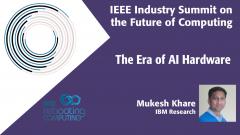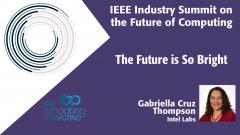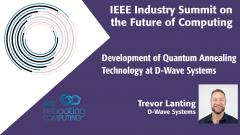Intelligent Systems for Deep Space Exploration: Solutions and Challenges - Roberto Furfaro
Future unconstrained and science-driven exploration of planetary bodies will require a higher degree of on-board automation, including autonomous determination of sites where the probability of scientific findings is the highest. Indeed, novel “thinking” space systems are required to enable fully automated and comprehensive characterization of operational regions, integrating spatial and temporal sensor information during the course of space reconnaissance with the goal of identifying prime candidate locales. The latter include regions and areas on planetary surfaces that may exhibit the greatest chance to harbor life. Devising systems that can autonomously reason over data collected during the course of the exploration requires the implementation of AI methodologies that can effectively integrate science knowledge and data analysis into a common framework.
In this talk, we will discuss a few methodologies that have been proposed to construct reasoning systems for deep space exploration. The initial goal has been demonstrating how planetary science knowledge can be integrated with AI systems for reasoning in uncertain environments. More specifically, Fuzzy Cognitive Maps (FCM) has been proposed to mimic the reasoning process of planetary scientists while analyzing data on Titan and Venus. Moreover, Bayesian Networks (BN) are currently under construction to support scientists and engineers in deciding where to safely collect a pristine sample in the upcoming NASA OSIRIS Rex Asteroid Sample Return Mission. Finally, we will look at the challenges that can be potentially encountered in proposing and integrating new methodologies (e.g. deep learning and ontology-based systems) in future classes of space missions that may hold the promise to revolutionize the way planetary exploration of the solar system is conducted.
Future unconstrained and science-driven exploration of planetary bodies will require a higher degree of on-board automation, including autonomous determination of sites where the probability of scientific findings is the highest. In this talk, Roberto Furfaro discusses a few methodologies that have been proposed to construct reasoning systems for deep space exploration.
 Cart
Cart Create Account
Create Account Sign In
Sign In


